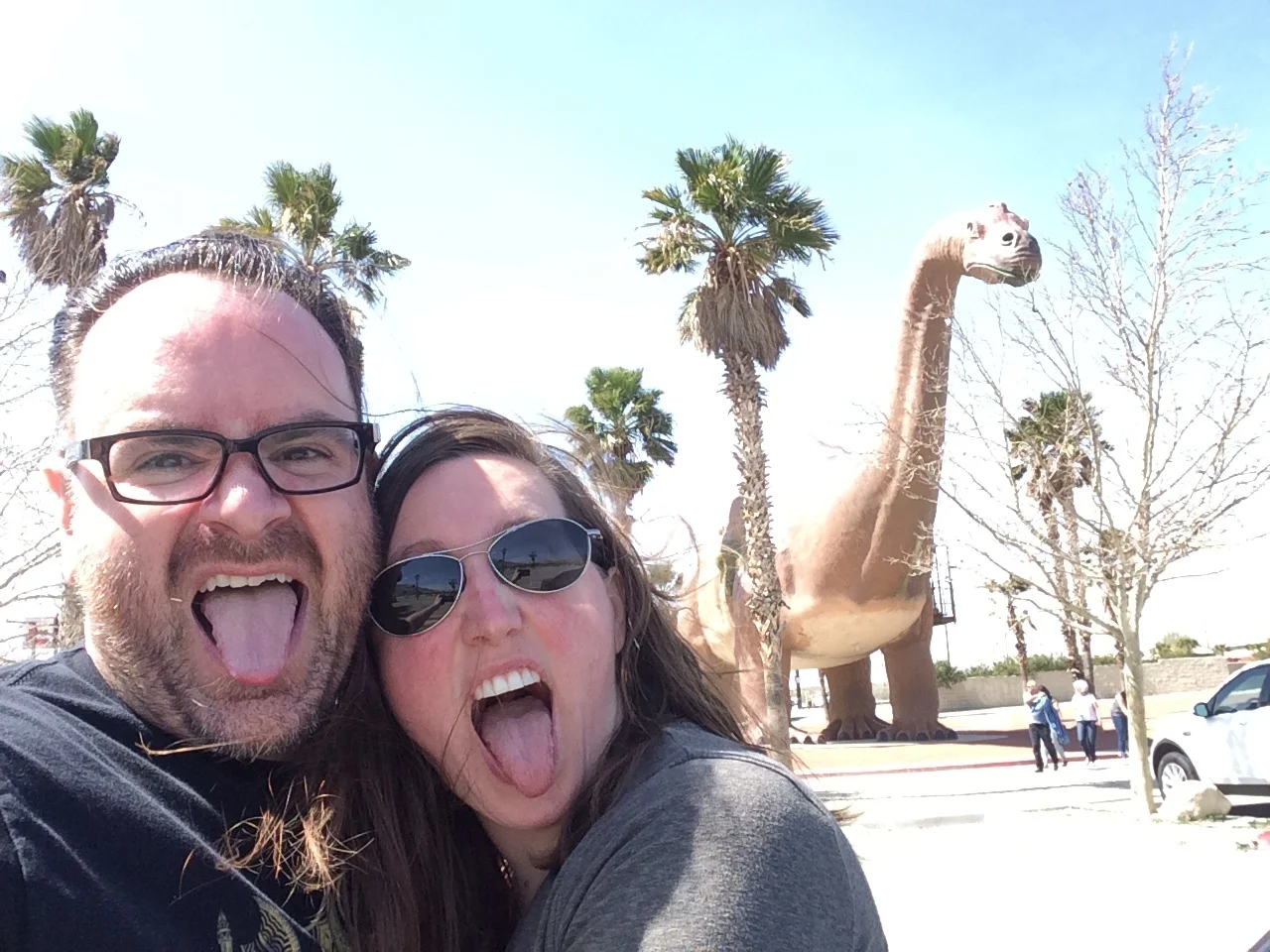Listen to Jessica and Jon share their story.
Jessica Peters had a stroke in 2011, at the age of 26, when her left carotid artery spontaneously dissected, or tore, resulting in decreased blood flow to the left side of her brain and permanent damage. She was engaged to be married at the time, and her fiancé, Jon, discovered her upon awakening one morning with an asymmetric smile and an inability to speak. Because his mother had had a stroke a year prior, he pretty much knew immediately what was happening. He didn’t waste time before calling 911.
The stroke hit the left frontal and parietal lobes of the brain, including Broca’s area, a region responsible for language production. Now, Jessica lives with persistent weakness in her right arm and leg, as well as an expressive aphasia, meaning she can understand everything that is said to her but has a difficult time producing language, or expressing herself, both in speech and in writing. This can of course be frustrating but she works hard to make herself heard.
Jessica and Jon met in 2006, when Jessica was just 22 and Jon was 29. They describe their pre-stroke lives as carefree and playful, full of adventure—amusement parks, rollercoasters, glider rides, concerts, dancing and a lot of laughter. Being physically able and indestructible felt like a given. In addition to her day job as a real estate broker, Jessica, once a roller derby participant herself, worked as a referee for the Boston Derby Dames managing the penalty box. This could get pretty rough, but she thrived on the intensity. The stroke changed things of course, and forced Jon and Jessica to slow down and have a more cautious approach to life, but fun is still a prominent theme in their relationship. Despite the trauma of an unexpected stroke, a grueling recovery and ongoing disability, they continue to laugh as much as possible. Their laughter is buoying.
To their credit, they kept their wedding date and were married within a year of the stroke. That was 7 years ago. “I knew you were still in there,” says Jon to Jessica. But it hasn’t all been easy, and they are honest about their struggles, Jessica more the “glass-half-full” type and Jon more of a realist.
“I don’t feel why me,” says Jessica. “But you did, in the beginning,” reminds Jon. “You definitely have an upbeat mentality, but I also observe when you don’t. We both have hard times.”
As a couple, they have navigated challenges that would have ended many if not most relationships. Communication has been the biggest struggle, for obvious reasons. According to Jon, it always been important to him to be understood, to process things by talking them through. He acknowledges the sense of loss he feels in this regard, post-stroke. Of course, Jessica wants to be there for Jon and to give him what he needs, but she has some difficulties processing as well as producing language. If she is given too much information all at once, she can’t keep track. “I lose the front words,” she says.
Both acknowledge that the communication challenges have made them more mindful of and sympathetic to what the other needs. Despite, or maybe because of, the struggles, in some ways they now understand each other better. “I speak Jessica’s variety of aphasia,” says Jon, and indeed, he is an expert at coaxing her along, asking “Do you want me to tee you up?” when she gets stuck. And sometimes she tees him up. Their playful banter is practically a dance, stutters and all.
Jon calls Jessica “tough as nails” and marvels at all she has accomplished. She has demonstrated incredible persistence and has learned to live a full and active life despite her disabilities. “I don’t need your help at all now,” she reminds Jon, firmly but with a smile. She now volunteers her time to talk with new stroke patients, helping them adjust to their post-stroke lives. She reminds them to hold on to hope, to keep moving forward. For Jessica, life is good. She’s married, has a job, owns a house, and plays adaptive sports—rock climbing, biking, kayaking.
Most importantly, she and Jon have a thriving and happy relationship. The stroke has required both of them to redefine themselves again and again. This is not the life they planned for, but they’re doing it, living fully, listening to one another, being honest and laughing whenever possible.
*Mixing and sound design by David Goodman
Music:
Joa Rajadel, “The Quiet Mind’s Essence” (2019 CC-by, nd, nc)
FMT (Marco Fabre), “Project 3612” (2019 CC-by, nd, nc)
Guitario, “Temps Perdu” (2019 CC-by, nd, nc)
Oto Yumeno, “Lover’s Ballad” (2019 CC-by, nd, nc)
Joystock, ”Majestic Earth” (2019 CC-by, nd, nc)


